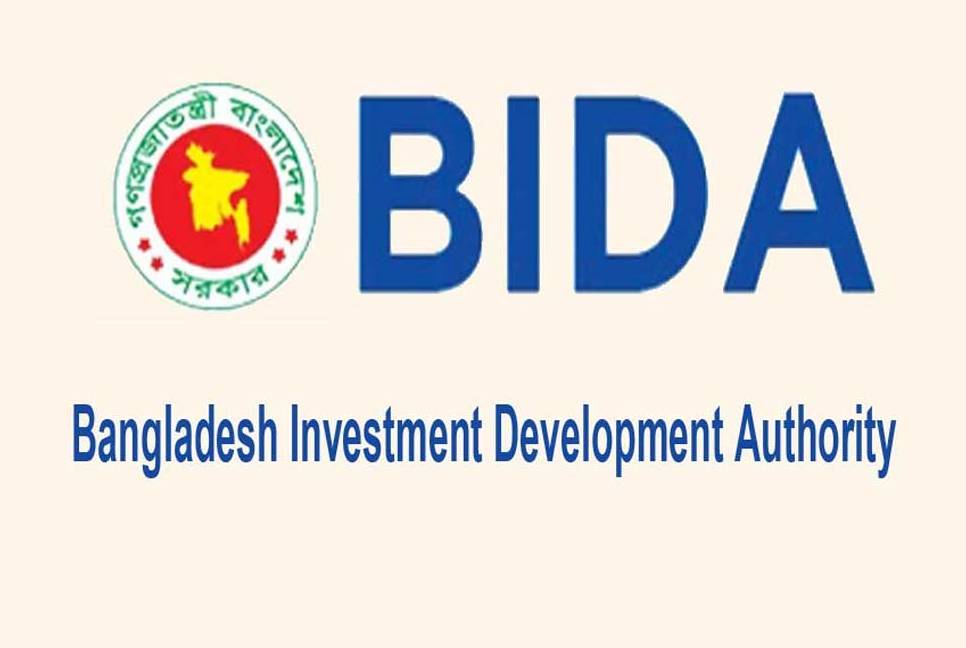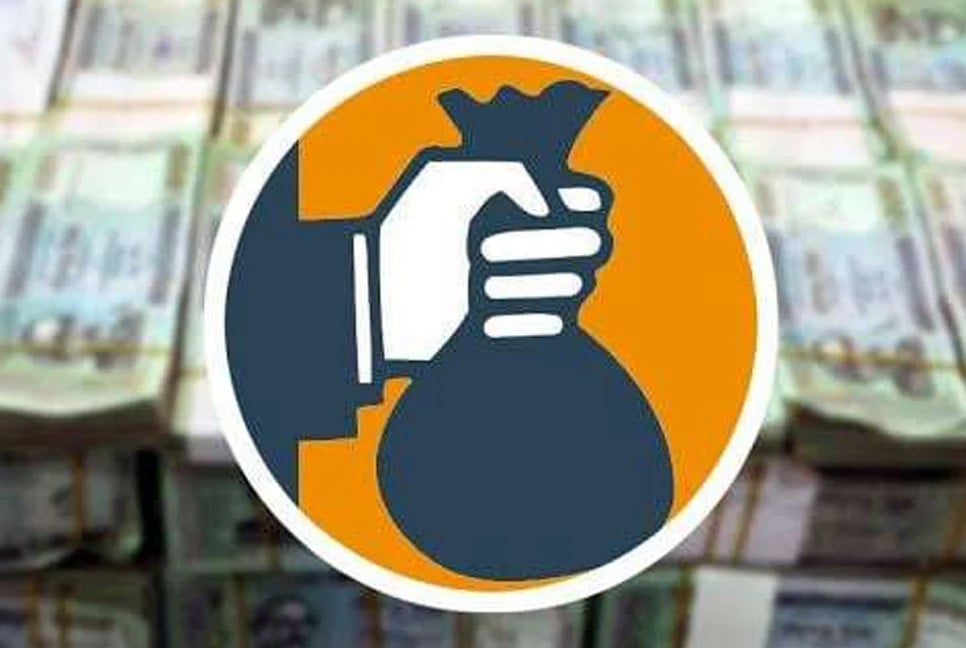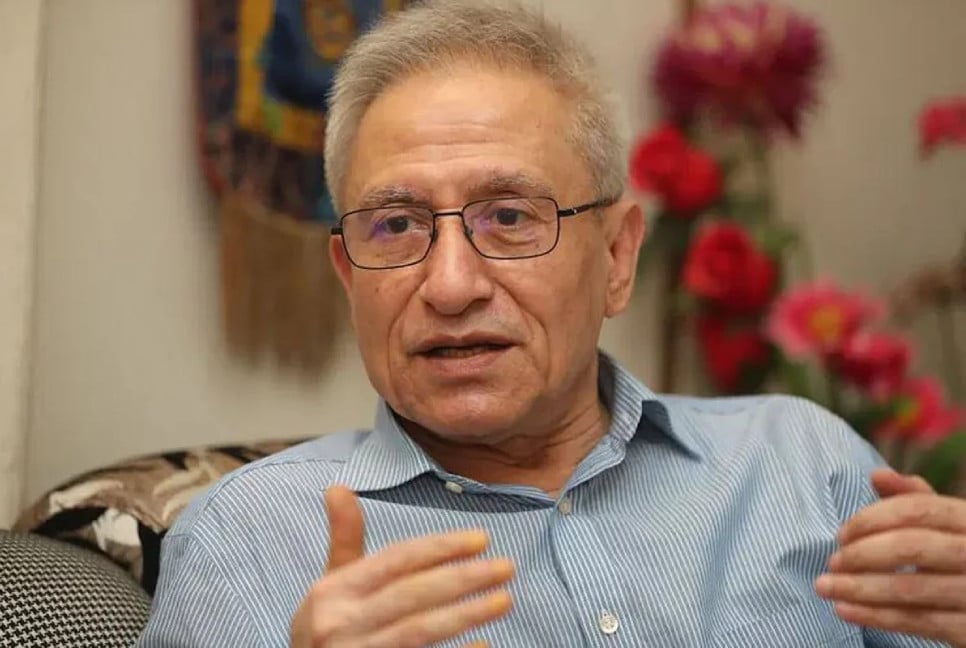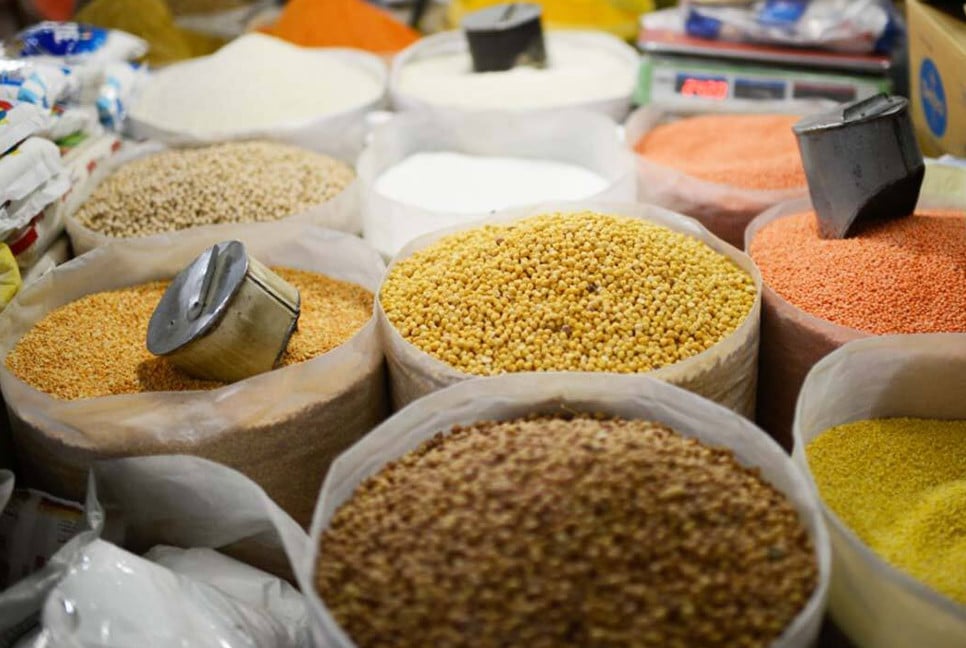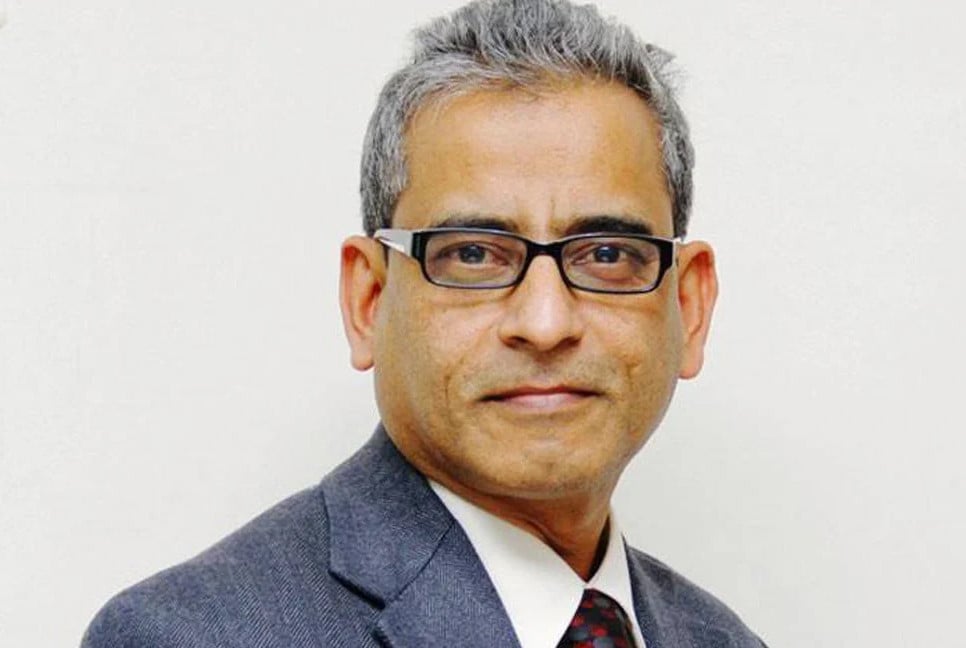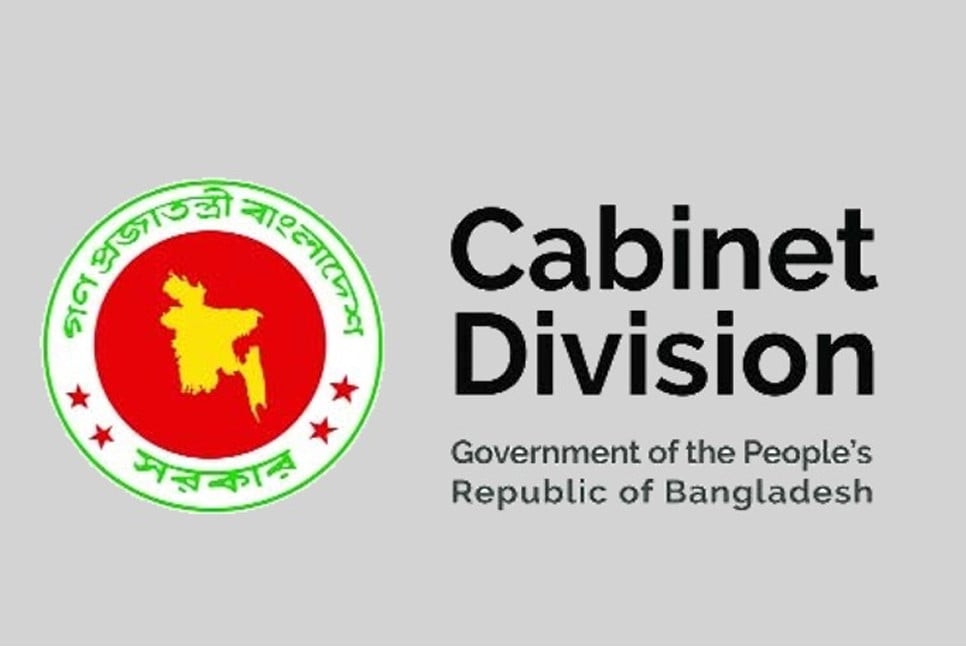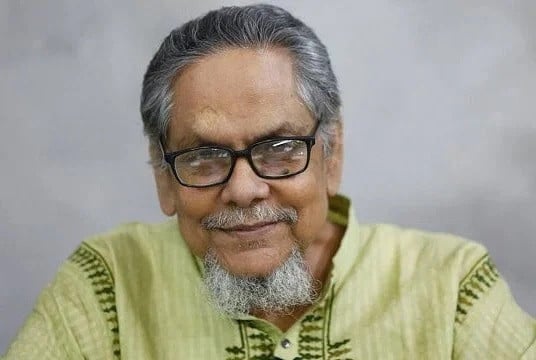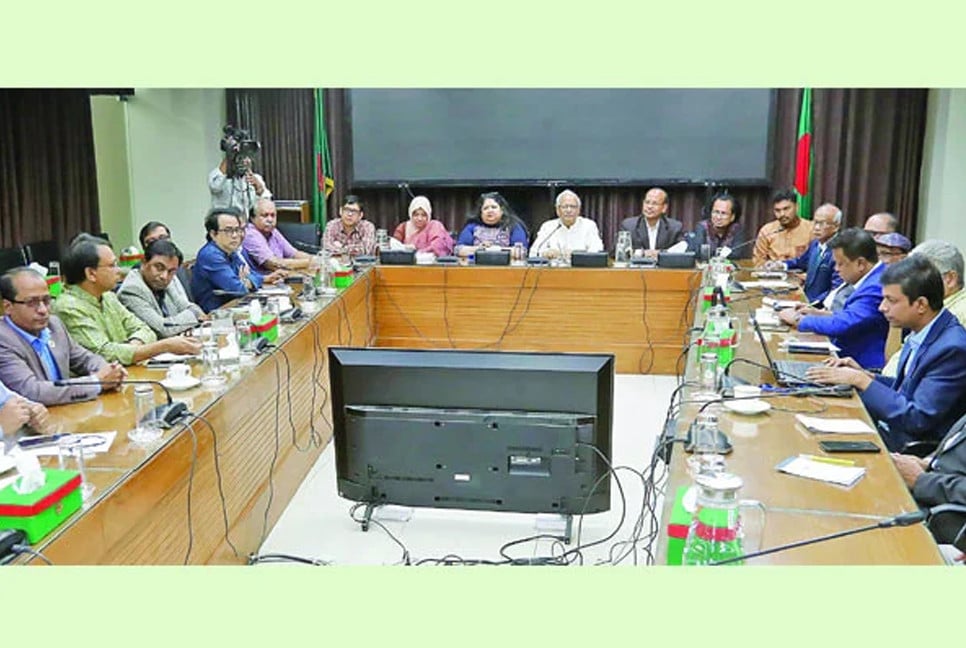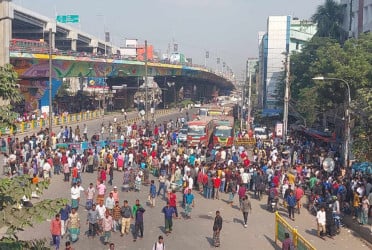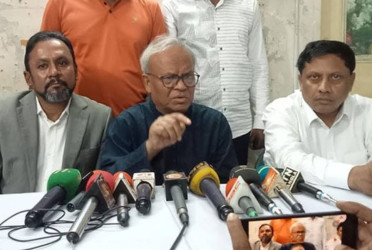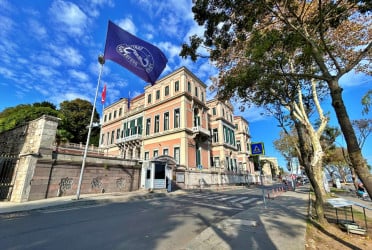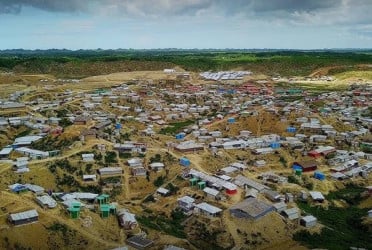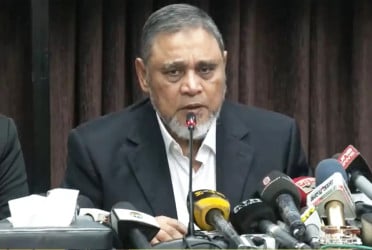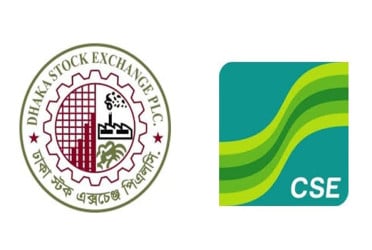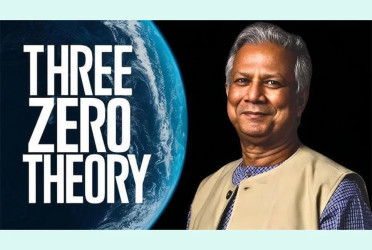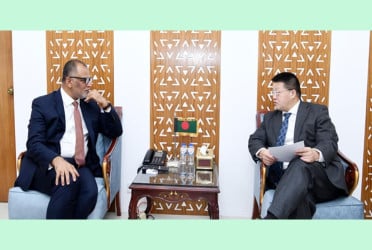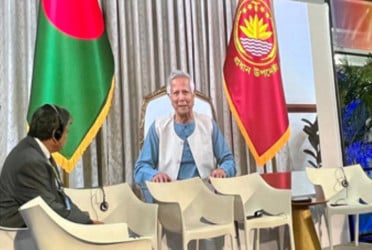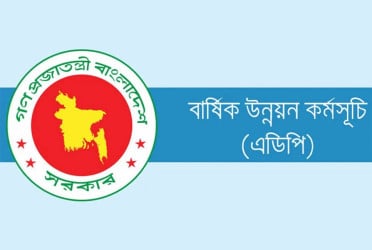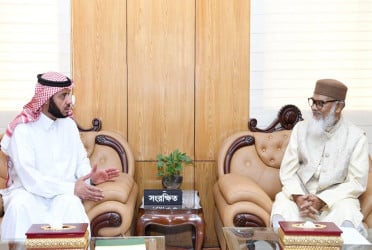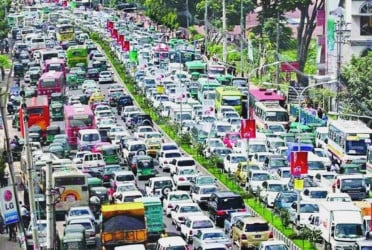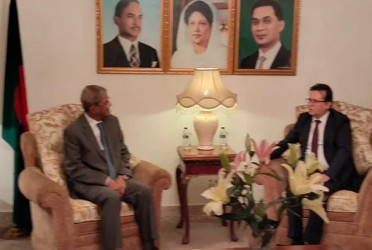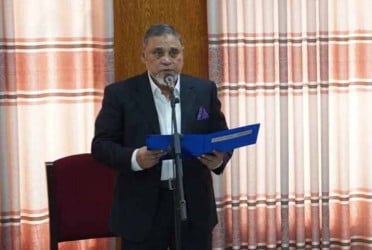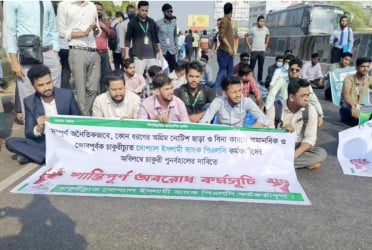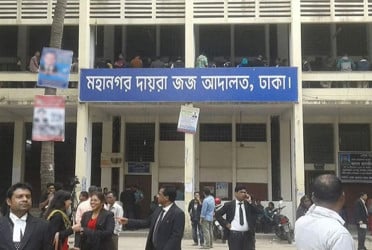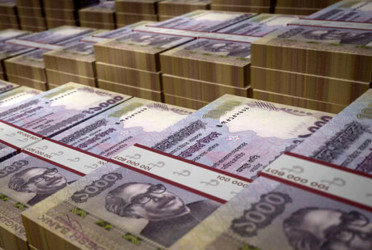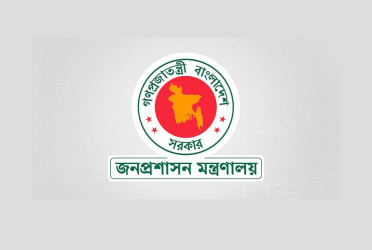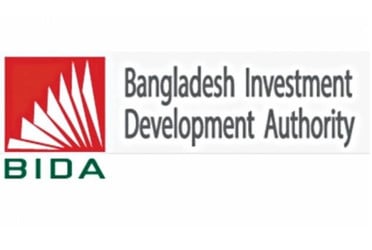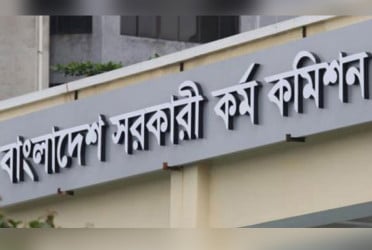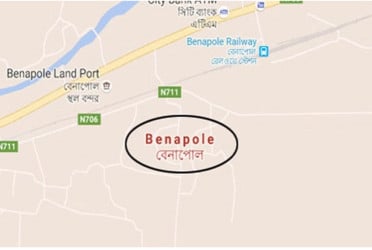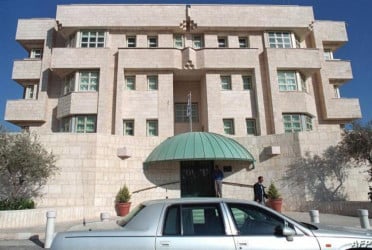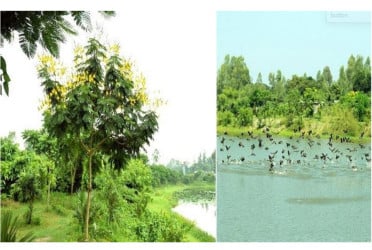Local and foreign investment has declined in the country despite the same government in the state power in the last 15 years instead of increasing investment from home and abroad.
According to several recent reports published by the Bangladesh Bank (BB) and Bangladesh Investment and Development Authority (BIDA), seven per cent of foreign direct investment (FDI) declined in the last year. The government couldn’t implement its targeted plan to attract local and foreign investors due to various obstacles and uncertain positions.
The government has identified the obstacles to the investment. These are -- volatility in the dollar market, absence of confidence of the investors and political uncertainty. Besides, the Russia-Ukraine war and global economic instability also disrupted the investment flow in Bangladesh. The authority has failed to take proper initiative to remove these obstacles and attract investors. As a result, the country didn’t get the desired investment.
Dr. Zahid Hussain, former lead economist at World Bank's Dhaka office, told Bangladesh Pratidin that investors have to wait months after months to get a gas or electricity connection. Many roads, highways, expressways, tunnel, and economic zones have been established in the country. However, adequate facilities are not provided to run the factories at the economic zones alongside the hike of dollar rate and political uncertainty. That’s why the investment has declined instead of boosting.
BB sources said the FDI has decreased by seven per cent in the 2022-23 fiscal. So far, $3.2 billion in foreign investment has come into the country in the current fiscal year.
Economists said the devaluation of Bangladesh's currency has recently mounted the pressure on the economy. Many investors have lost their interest for this reason. The equity investment has remarkably declined during the period. Dr. Zahid Hussain termed this situation a bad time for the country’s economy.
According to the central bank data, 40.91 per cent of equity investment declined in the 2022-23 fiscal. The BIDA thinks ongoing works to set up 100 economic zones all over the country will create the scope of new investment. The country's largest industrial city, Bangabandhu Shilpa Nagar is being developed in the Mirsarai and Sitakunda of Chattogram. More than 50 local and foreign companies have already invested there. Many companies started their production. However, companies are not getting the desired services including gas and electricity in the industrial city.
Businessmen and entrepreneurs think the one-stop service introduced by the BIDA and Bangladesh Economic Zones Authority (BEZA) is not very effective for launching a factory at Bangabandhu Shilpa Nagar.
The ongoing crisis of the dollar has intensified gradually. The devaluation of Taka has reached more than 30 per cent. At the same time, the revenue collection of the government has declined. The government now depends on banks for loans.
As a result, the loan growth in the private sector also declined. After all, the country is not on the right track to overcome the economic crisis. There are no new activities in the economy. Moreover, uncertainty grips the businesses over the forthcoming parliamentary elections. As a result, the country’s economy is not getting pace. For this reason, creating a congenial atmosphere for the investment has not become possible, thinks Dr Hossain Zillur Rahman, former advisor to the caretaker government.
However, another report from BIDA said that the FDI increased slightly in the country in 2022 while it had declined across the globe. The FDI increased 20 per cent to $348 crore last year which was the second highest FDI after 1990. Bangladesh received the highest $361 crore FDI in 2018 in the last 33 years. But it has declined seven per cent in the 2023-24 fiscal which is a big shock for the country’s economy.
Meanwhile, many local and foreign investors are reluctant to invest centering on political unrest and uncertainty over January 7 national polls. They are observing the situation. Analysts said the investment might increase if a congenial environment prevails after the election.
@ The article was published on print and online versions of The Bangladesh Pratidin on November 30, 2023 and has been rewritten in English by Golam Rosul.

